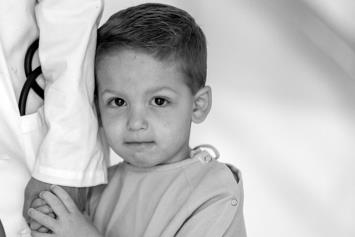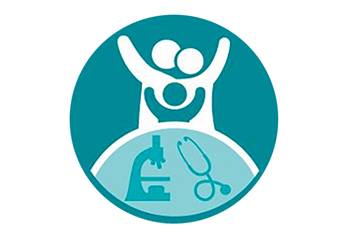Neuro-Oncology
No one investigator is going to find solutions for pediatric brain and spinal cord tumors alone. That’s why our team is deeply rooted in global initiatives around the world to provide solutions and advance discovery. If there is a collaborative effort to find new discoveries for pediatric brain and spinal cord tumors, our team is a part of it.




